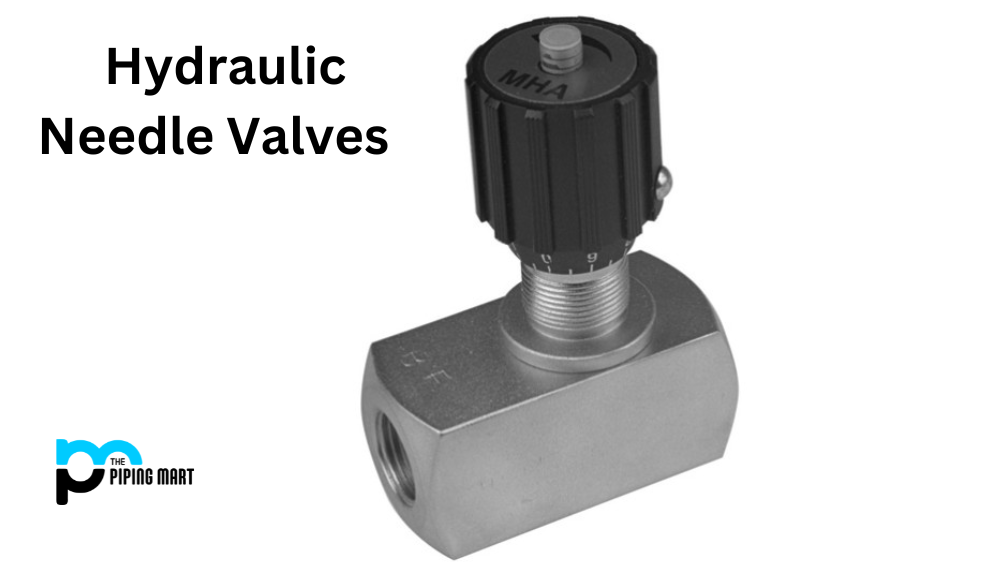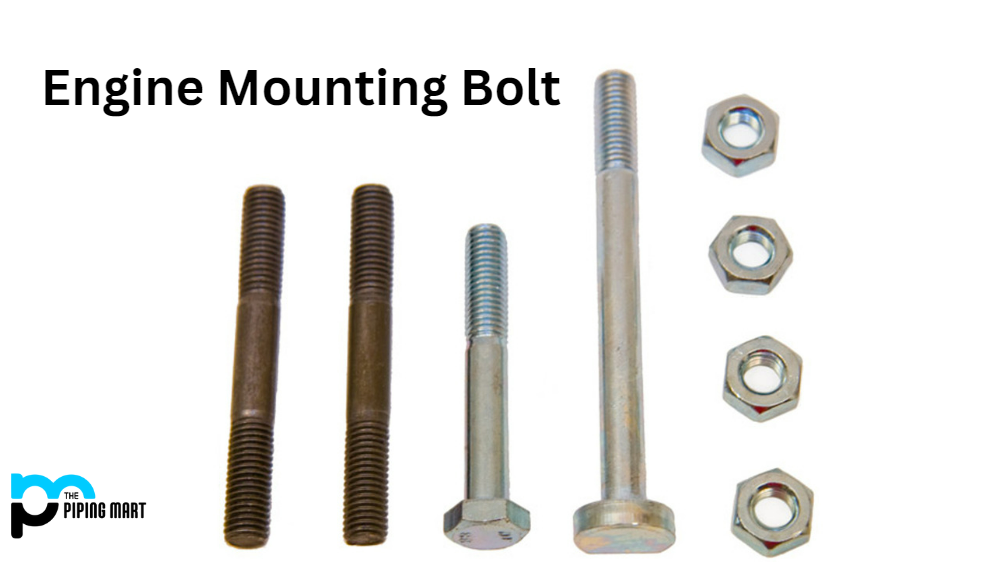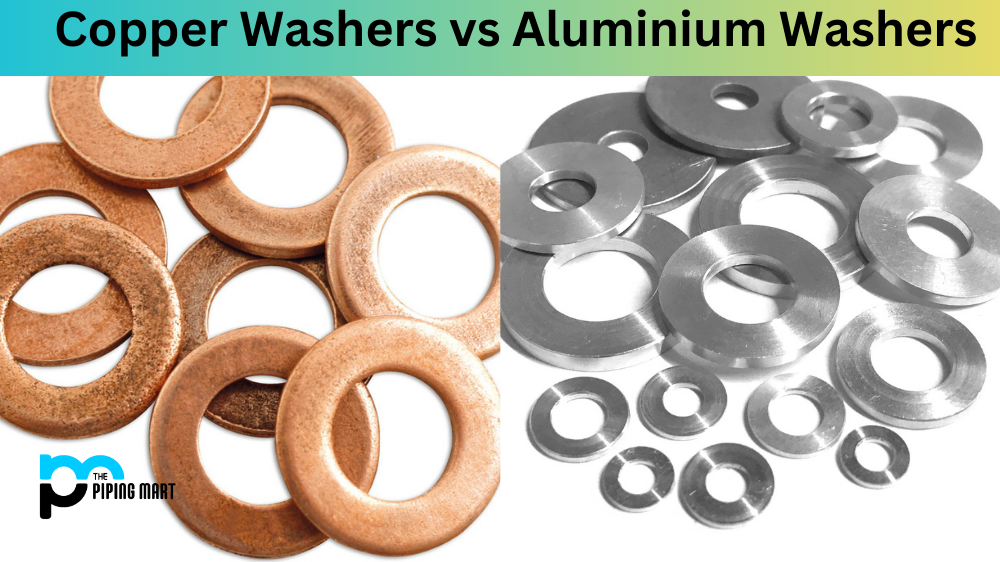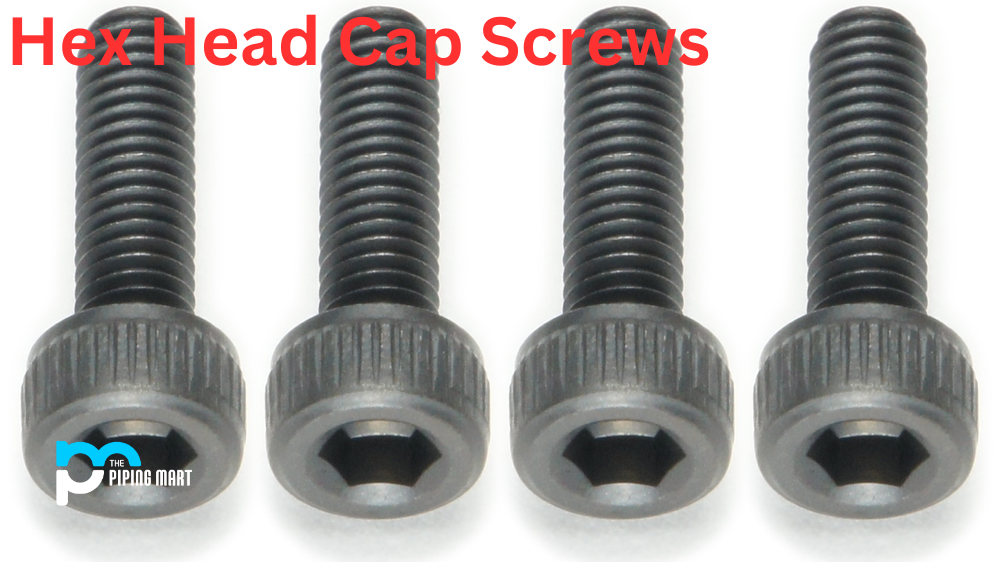Needle valves are critical components in any complex fluid-piping system. They precisely control the flow of liquids, gases, and other fluids. Choosing the right needle valve for your application requires understanding various factors, such as the type of fluid, operating pressure, and temperature. Two types of needle valves commonly used in industrial settings are pneumatic and hydraulic needle valves. This blog post will explore the differences and discuss when to use each.
What are Pneumatic Valves?
Pneumatic valves, also known as air-operated valves, are essential components in pneumatic systems that use compressed air to control and regulate the flow of fluids or gases. These valves are designed to open, close, or direct the flow of media by converting energy from compressed air into mechanical motion. They come in various types, such as diaphragm valves, ball valves, butterfly valves, and many more.
Pneumatic systems have become vital to modern industrial processes due to their efficiency and reliability. At the heart of these systems are pneumatic valves. The principle behind their operation is simple yet ingenious – using pressurized air to generate movement.
But what sets pneumatic valves apart from other types of valves? First and foremost is their ability to deliver precise control over fluid or gas flow with minimal effort. This makes them ideal for applications where precision is critical, such as in pharmaceutical manufacturing and food processing.
What are Hydraulic Needle Valves?
Hydraulic Needle Valves are a crucial component in fluid control and regulation. They are designed to provide precise and accurate flow control in high-pressure hydraulic systems. These valves consist of a needle-like plunger that moves up and down, regulating fluid flow through a small orifice. This allows for fine-tuning of the flow rate, making it ideal for applications where precision is key.
One of the main advantages of hydraulic needle valves is their ability to handle high pressures, making them suitable for use in heavy-duty industrial machinery. They are also highly durable and can withstand extreme temperatures, making them reliable even in harsh environments.
In addition to their strong performance capabilities, hydraulic needle valves offer excellent resistance against corrosive substances such as chemicals and acids. This makes them an ideal choice for industries that regularly deal with these materials.
Difference Between Pneumatic vs Hydraulic Needle Valves
Operating Mechanism:
One of the main differences between the pneumatic and hydraulic needle valves is the operating mechanism. Pneumatic needle valves rely on compressed air to actuate the valve, whereas hydraulic needle valves operate using pressurized fluid. Pneumatic valves are ideal for low-pressure applications, whereas hydraulic valves excel in high-pressure applications. In applications where precision control is essential, hydraulic needle valves are preferred as they allow finer adjustments.
Environmental Impact:
Another significant difference between the two types of needle valves is their environmental impact. Pneumatic systems consume a lot of energy, resulting in higher greenhouse gas emissions. Although hydraulic systems also have energy requirements, they tend to be more energy-efficient than pneumatic systems. Also, hydraulic fluid is less aggressive on the environment than the gases used in pneumatic systems, meaning hydraulic systems have a lower carbon footprint.
Maintenance:
Maintenance is a crucial consideration for any industrial system. Pneumatic needle valves tend to require more maintenance than hydraulic valves. The compressed air used in pneumatic systems often contains impurities that can cause corrosion, fouling, or clogging. On the other hand, hydraulic systems use pressurized fluid that is less likely to become contaminated, reducing the need for maintenance.
Durability:
Another critical factor to consider when choosing a needle valve is its durability. Pneumatic needle valves are typically made from lightweight materials, such as aluminum or plastic, which make them less durable than hydraulic valves made of heavy-duty materials like steel or brass. Hydraulic needle valves can withstand pressure and temperature extremes, making them a better choice for harsh operating conditions.
Cost:
Finally, cost is often a significant factor in choosing between pneumatic and hydraulic needle valves. Pneumatic systems tend to be less expensive than hydraulic systems, which makes them a more attractive option for industries that require less precision control. However, if precise control is paramount, choosing a hydraulic system may save money in the long run by reducing maintenance and repair costs and minimizing energy requirements.
Conclusion:
In summary, choosing the right needle valve for your industrial application requires understanding various factors such as its operating mechanism, environmental impact, maintenance requirements, durability, and cost. Although pneumatic needle valves are less expensive, hydraulic needle valves offer better precision control, durability, and environmental sustainability. Considering the earlier factors will help you choose the right valve for your application.
Sakshee is a talented blogger, with a particular focus on the Business and Metal Industry. She is passionate about sharing her insights on various metal products and helping professionals to make a better decisions.




